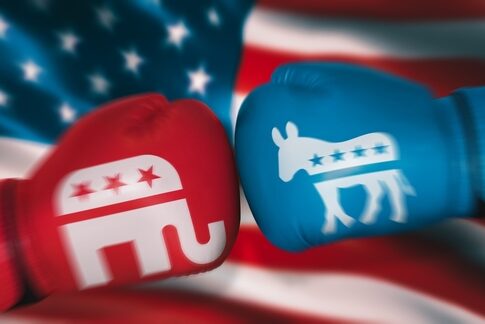A dramatic line from the NYC mayoral debate, “He killed him on live TV,” has sparked widespread discussion and analysis.
Viral Moment from the NYC Mayoral Debate
During a New York City mayoral debate, a candidate delivered the line “He killed him on live TV,” capturing the attention of both the audience and media. This statement was directed at a political rival, either symbolizing a metaphorical political defeat or referring to a contentious incident. The dramatic delivery and the phrase’s hyperbolic nature quickly became focal points of post-debate analysis.
The debate took place amid heightened scrutiny over city governance, with critical issues such as crime and housing at the forefront. The phrase’s shock value resonated with a broader audience, reflecting an ongoing trend toward more combative and theatrical political discourse. This incident highlights the media’s role in amplifying viral moments, reshaping the narrative of political debates.
Implications for Political Discourse
The use of such dramatic language in debates is becoming increasingly common as candidates look to differentiate themselves and capture voter attention. This trend aligns with a broader shift in political communication toward highly charged soundbites intended to sway public opinion through emotional appeal rather than substantive policy discussion.
Media outlets have latched onto the phrase, amplifying its reach and impact. The immediate viral spread underscores the power of succinct, memorable lines in shaping public perceptions. As debates continue to evolve, the emphasis on performative rhetoric may influence campaign strategies and voter engagement, potentially leading to increased polarization within the electorate.
Expert Perspectives
Political analysts suggest that dramatic lines like “He killed him on live TV” reflect a strategic use of language aimed at capturing headlines and influencing undecided voters. Media experts emphasize the role of viral moments in shaping political discourse, noting that such incidents drive engagement and public discussion.
The broader implications of this trend are being debated among scholars and commentators, with some viewing it as effective political theater while others criticize it for contributing to a toxic political environment. This incident serves as a case study in the evolving nature of political communication and the media’s influence on public perception.



Worthless article, no matter what one’s political views are. The TRUTH is the TRUTH, and it should NEVER be hushed up or forbidden. Of course context is everything.